IOC Mental Health Ambassador Holly Bradshaw: Ending the stigma around mental health in sport
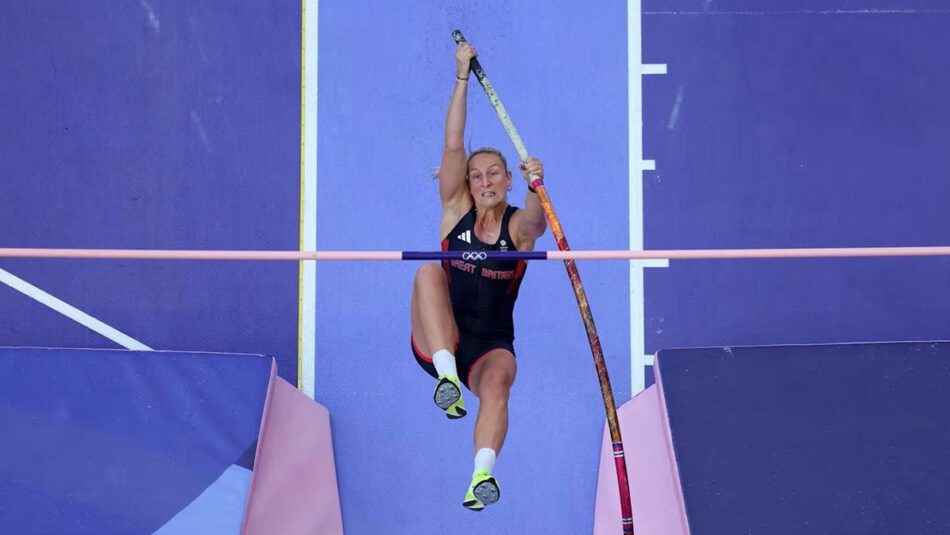
01 October 2024 – As Mental Health Month gets underway, the International Olympic Committee (IOC) is pursuing its holistic approach to athlete wellbeing by introducing a new initiative – a team of Mental Health Ambassadors. This globally representative group of Olympians will champion mental health conversations and share personal journeys and experiences with a focus on athletes in their regions. As part of this team, British pole vaulter Holly Bradshaw shares insights into this new role, her personal experiences with mental health, and the athlete wellbeing initiatives available at Paris 2024.
While Holly Bradshaw has soared to incredible heights as a pole vaulter, she has also experienced serious lows with her mental health. Her openness about the struggles during her career, as well as her master’s degree in sports psychology, makes her well placed to become an IOC Mental Health Ambassador.
“I was really honoured to be asked to be an IOC Mental Health Ambassador. Mental health has been incredibly important as part of my journey. It was such a privilege to be asked, and I can’t wait to get started.”

Holly Bradshaw, IOC Mental Health Ambassador
Cultural relevance matters when talking about mental health, and athlete communities where stigma is greatest are often under-represented. As a vocal international advocate, Bradshaw and her fellow Ambassadors will share the IOC’s evidence-based work on mental health and, in their own words, educate, inspire and give voice to athletes on this crucial topic.
“I like to raise awareness of topics such as mental health, post-Olympic blues and healthy body image. So it really fits within my values to be helping other athletes on their journeys,” Bradshaw insisted.
Bradshaw, who recently retired after representing Great Britain at four Olympic Games, will remain involved in sport through her new role. “I want to make a difference, make sport better and help young athletes get involved,” she added.
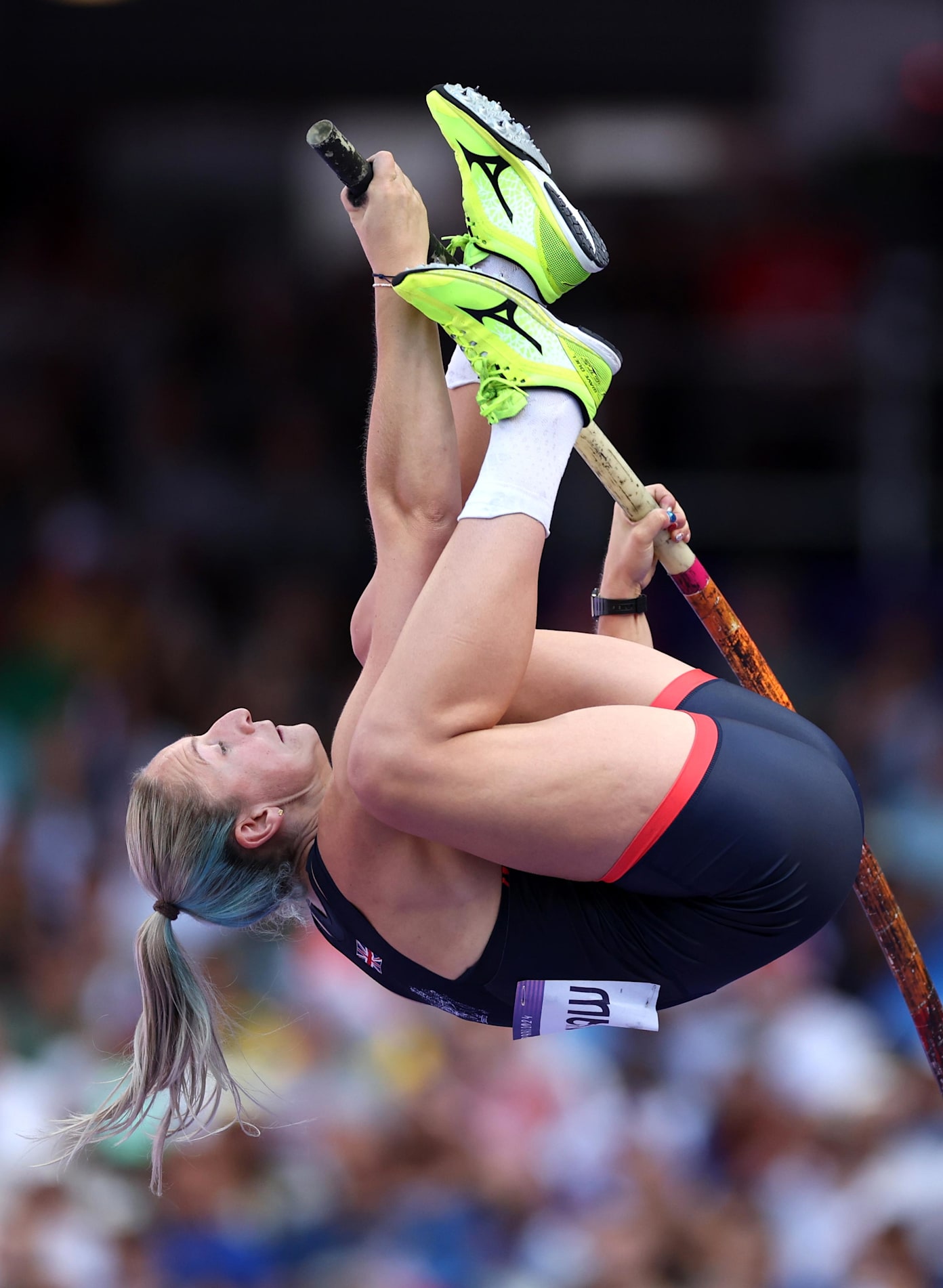
Athlete wellbeing initiatives at Paris 2024
The Mental Health Ambassador Group is just the latest athlete wellbeing initiative introduced by the IOC, with a range of groundbreaking services also on offer during the Olympic Games Paris 2024. These included the Mind Zone, a space in the Olympic Village where athletes could recharge and mentally prepare for competition.
“Having the Mind Zone at the Olympic Games for the first time was really important,” Bradshaw said. “I thought it was brilliant – the ambiance in there, the calmness, having everything to hand, being able to speak to people if necessary. I think it’s vital.”
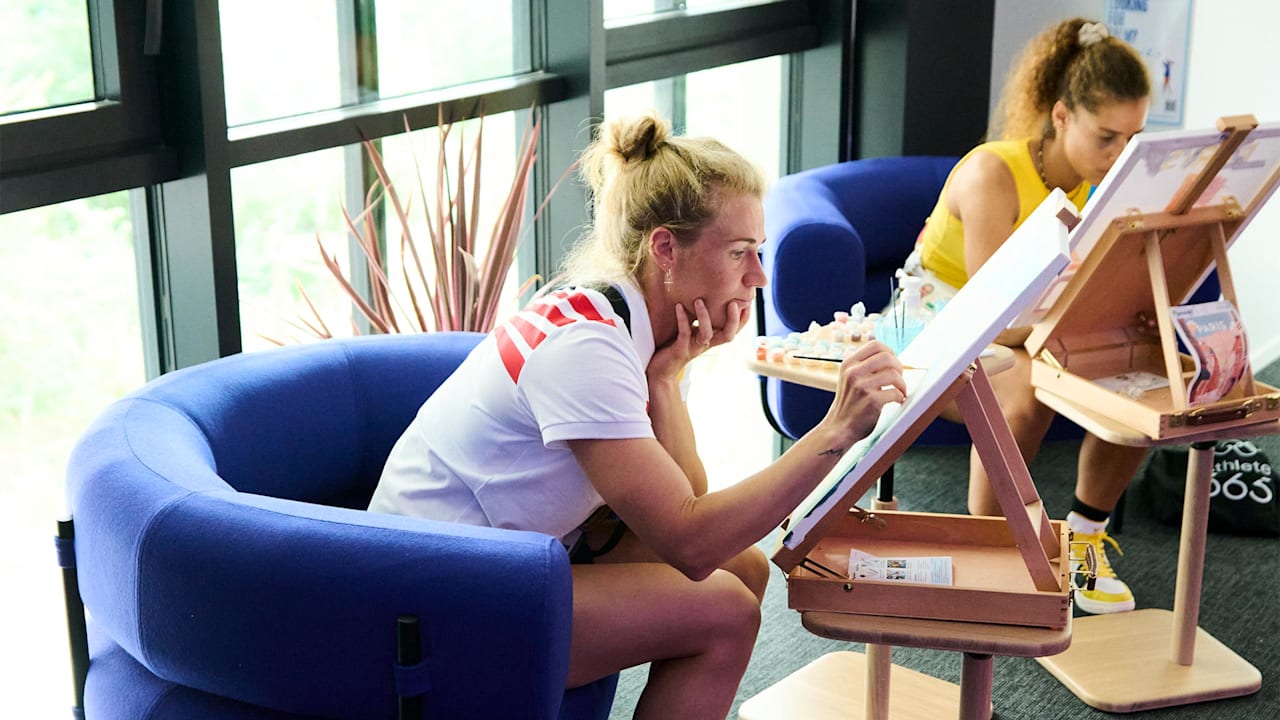
Bradshaw also cited the IOC’s introduction of accreditation for welfare officers as another crucial move, alongside the implementation of an AI-powered cyber abuse protection service.
“When I heard about the technology employed in Paris, I was amazed,” she said. “I have been subject to quite a lot of online abuse, so it’s great that this is now being taken seriously. I’ve heard people talking about how beneficial the service was in Paris, and how many abusive messages were stopped. Athletes are thankful for it, as it means they can do the sport they love in peace and don’t fear being attacked.”
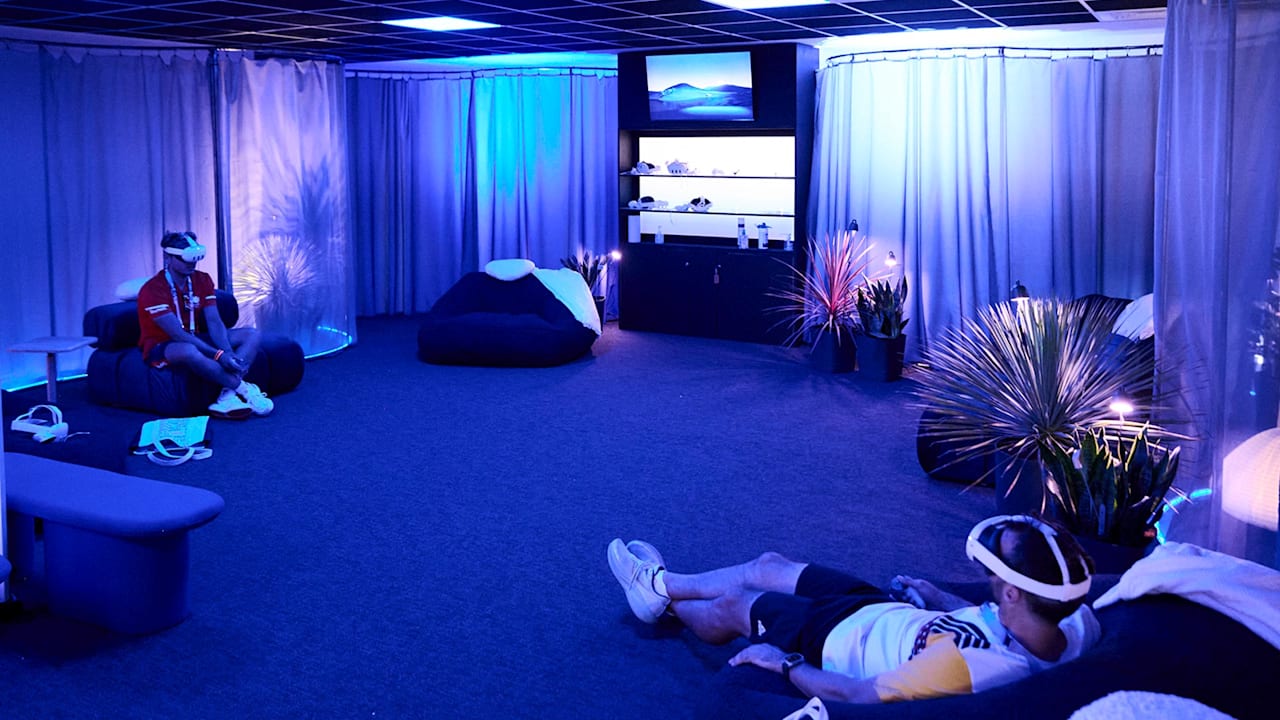
Ending the stigma around mental health
Having struggled with her own mental health throughout her career, Bradshaw is hopeful the IOC’s initiatives can contribute to ending the stigma around the topic. She has already seen signs of improvement.
“I think the conversation around mental health has really changed throughout my career,” Bradshaw said. “When I was a teenager and in my early 20s, nobody really talked about it. I didn’t really feel like there was any support out there.
“Seeing a sports psychologist was the only thing you could do, and that was still taboo. The landscape has now changed massively for the better, and I think it’s going to keep improving.
“I”f I’d had more awareness about mental health and how to deal with online abuse when I was 19 years old, I think it would have helped with a lot of the issues that I have. It’s important to have these mental health initiatives to raise awareness, because the landscape has changed so much and it’s only going to get better.”

Holly Bradshaw, IOC Mental Health Ambassador
Advice for young athletes
Bradshaw has already played a key role in advancing the conversation around mental health in sport, and she will now continue to do so as an IOC Mental Health Ambassador. Having just finished her career as an athlete, she is well placed to offer valuable advice to younger athletes who may be struggling to deal with the emotional rollercoaster of elite sport.
“I always say to give yourself 24 hours to feel down and be angry at yourself after a poor performance,” Bradshaw shared. “But then try and draw out any positives or acknowledge what went wrong. I think a lot of athletes like to bury it, but a lot can be said for learning from those experiences. It’s those times and experiences where you underperform that you learn the most.”
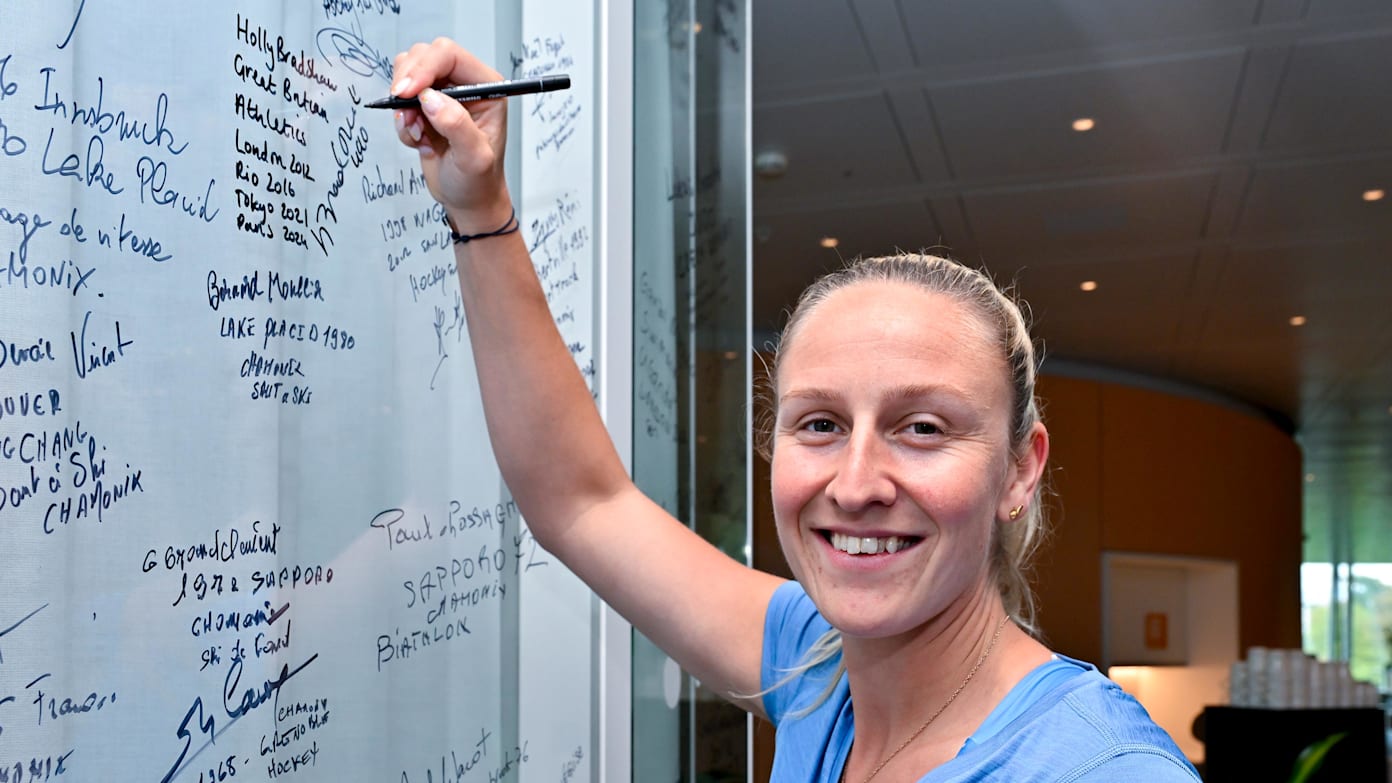
“I do a lot of journalling before bed, writing down what was good and bad during my day. That’s really helped me across the last 10 years of my career. But for me, the best thing is to speak to someone, whether that’s a friend, a psychologist or a welfare officer. Speaking to someone who won’t judge you and will help you negotiate troubling times is really beneficial.”
Additional Olympians joining the team of IOC Mental Health Ambassadors will be announced in the coming weeks. For more information on the full range of mental health support available to athletes, visit the Athlete365 #MentallyFit section.





